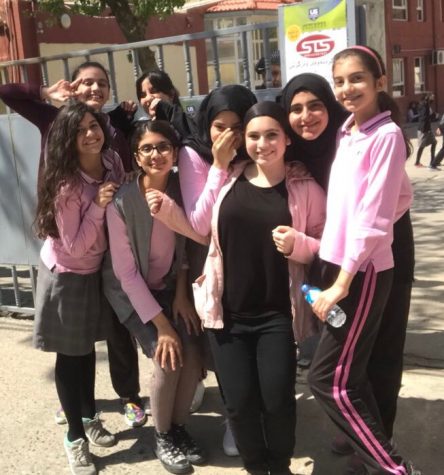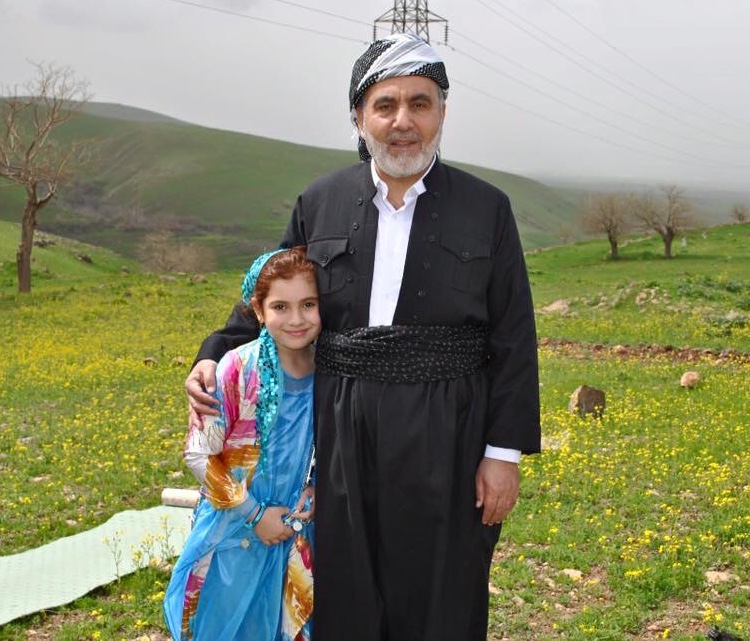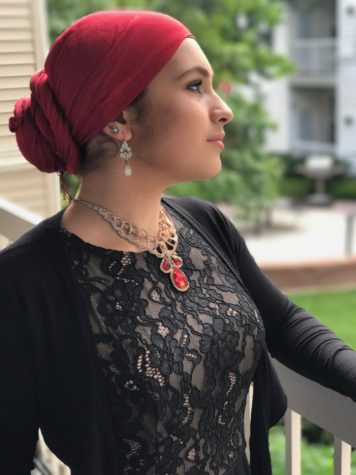Personal Narrative: The Struggles of Being Multicultural in America
May 4, 2018
America is its people. America is made up of people from different ethnicities and cultures, and that’s what makes it special; everyone is equal. Despite this, being a person of a different culture in America continues to be a struggle.
I immigrated to America from Kurdistan when I was almost four. I was away from everything I had ever known. It was a big change. It was especially hard for my parents. Going to a new country where you don’t speak the language, know the people, or understand the culture is a hardship that many immigrants have to experience.
I started to learn English a few months after we moved to this new country. I missed home terribly, and I missed my family, but I had made a few friends and was starting to adjust to the new lifestyle. We eventually moved back when I turned eight. At that point, I had completely adjusted to American society and had almost forgotten what I left behind. I had to go through reverse culture shock. According to Merriam Webster Dictionary, the definition of culture shock is “a sense of confusion and uncertainty sometimes with feelings of anxiety that may affect people exposed to an alien culture or environment without adequate preparation.” Reverse culture shock feels worse because you feel guilty for not understanding your own culture.
I had almost completely forgotten Kurdish, my native language, when we moved back to Kurdistan. I had rejected my culture because it was different than the culture of those around me. I didn’t want to be different. I had adjusted to the American lifestyle so well, that I wanted it to be my only culture. I went to a Kurdish school and was forced to learn the language again. I spent my time in Kurdistan wishing I could go back to America, rather than cherish the short time I didn’t know I had there. I had adjusted again and had started to feel comfortable with my culture when we had to move back to America. I had mixed emotions. I was so relieved that we were going back, but I was nervous.
What if people judged me for having a different culture? What if I didn’t fit in again?

These thoughts ended up being pointless. Everyone in America comes from a different culture, so why wouldn’t people accept mine? I shouldn’t be trying to fit in; I should be embracing my culture and my difference. I now know that I need to embrace both of my cultures, the American one, and the Kurdish one. It’s what makes me special, what separates me from everyone else.
I go back to visit my family and friends sometimes, and I feel like I belong with them. I also have fun with my friends here, and I belong here, too. Instead of not belonging anywhere, I belong everywhere.





Nil Samir • May 11, 2018 at 6:22 pm
God bless u sweet girl Banu. Your life inspired me. You just doing great, and you are right u belong to everywhere especially my heart. Best wishes